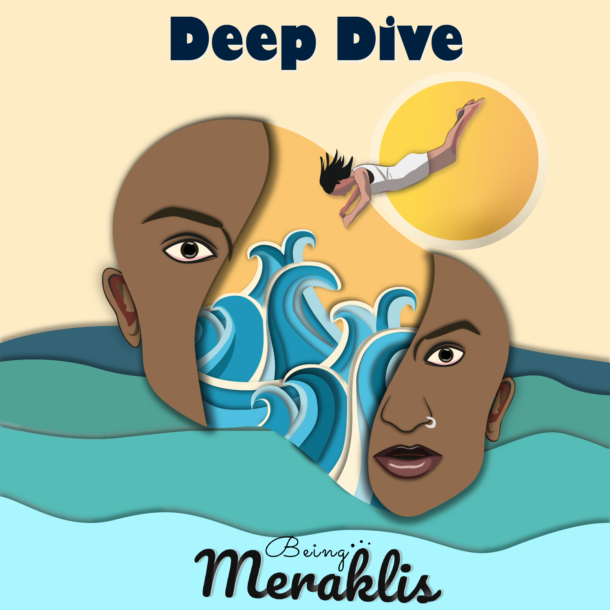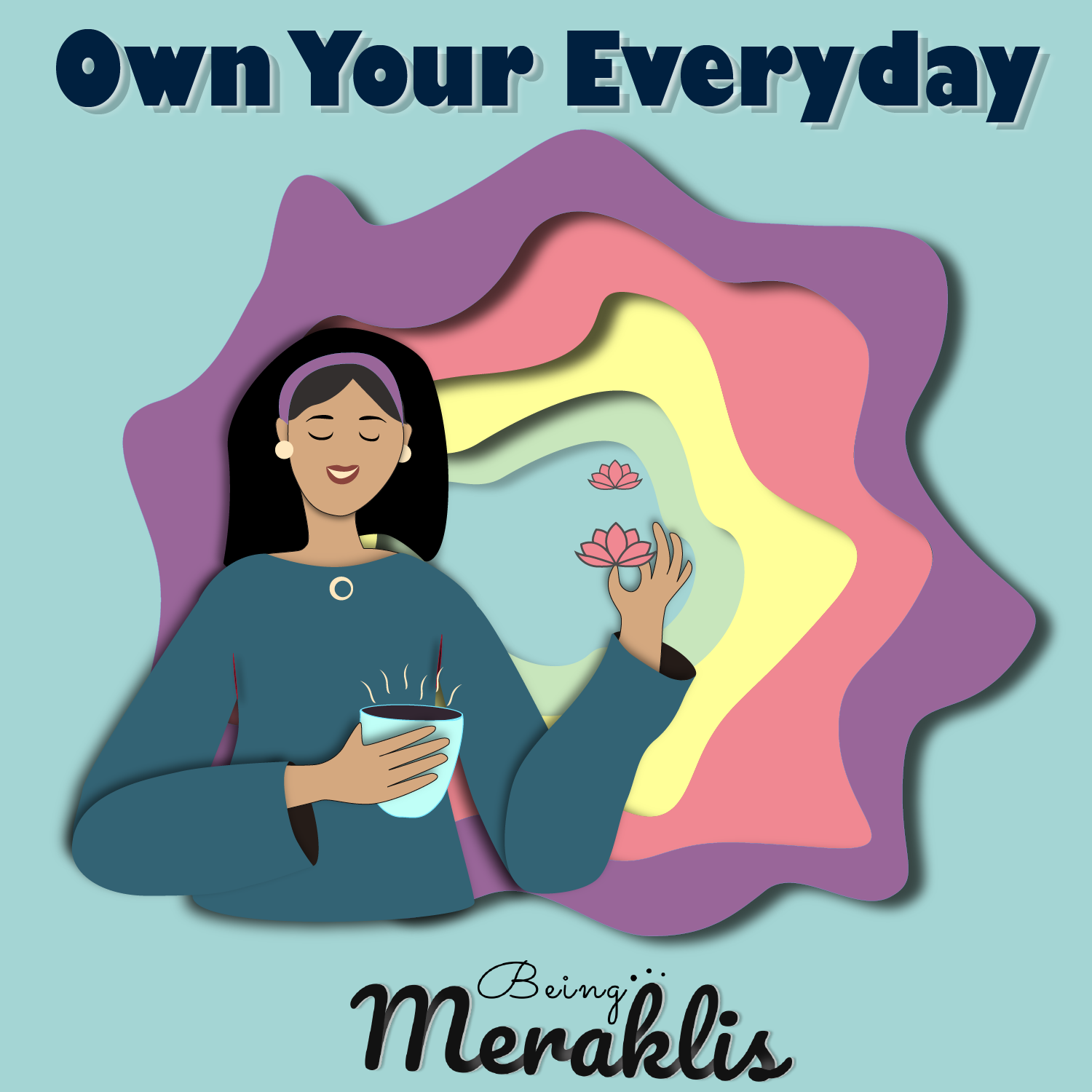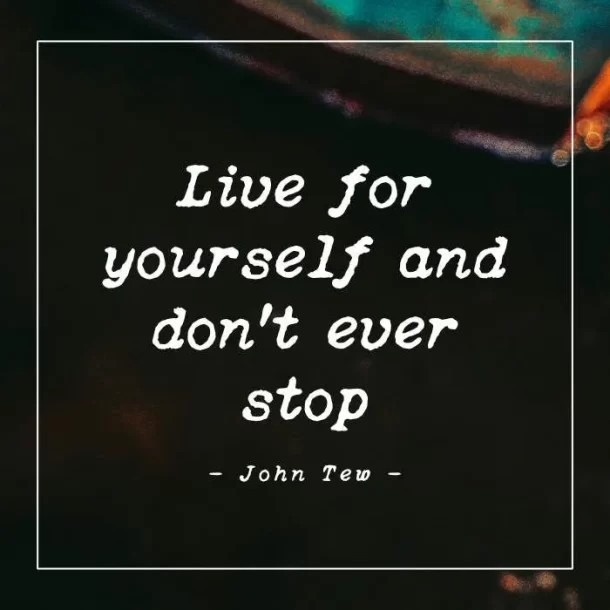
Ep 97 – 3 ways doing something new helps you grow and thrive

When was the last time you did something for the first time? Do you consciously make time to experiment with new things in your life? Have you ever wondered why or how doing something new can improve the quality of our lives and bring more vitality? We will discuss all that and more in our podcast episode today.
Hello and welcome to a new episode of the Own Your Everyday series. I’m your host and self-awareness coach Shwetha Sivaraman. In this episode, we will discuss the importance of learning something new. The neuroscience behind it, the many ways it benefits us and how we can plan to do more
I’ve been asked many questions by recruiters in the last 8 years. But one question I got asked in Jan 2013 still remains with me. A recruiter asked me, “When was the last time you did something for the first time?”
I was all of 21 when I was at the receiving end of that question, and I judged the recruiter royally in my mind thinking, here’s another wise-ass question with the so-called intelligent play of words. I answered whatever remained on the top of my head then.
However, over the years the question lingered in my mind. Recently, I tried something new for the very first time. I signed up for a pottery workshop during my travels to Dharamshala. This question resurfaced, and I realised the many merits of that question and how to answer it consciously or unconsciously over the years has served me for the better.
First, Why is trying something new now and again necessary?
As adults we all get into a routine with our work and life. We’ve all experienced this a few years into a job where we are going into autopilot mode. We know how to do our jobs well, and we can do it in our sleep, so we sleepwalk through our years. We can’t recognise ourselves or our lives when we wake from our slumber.
Trying something new jolts us out of our autopilot ways of functioning and makes us question what we’ve unconsciously accepted as the way things work.
But, before going any further, let’s look at the Neuroscience of it
Enough studies on neuroplasticity have busted the myth that our brains harden at 25. Research today shows that the plasticity in our neurons can be triggered and fired at any age. Dr Andrew Huberman, a neuroscientist and Stanford Professor, shares a neuroplasticity protocol in which many steps are activated when we try something new.
According to him, the first step is
1. Get Alert – He says, “getting alert involves many mechanisms but mainly the release of epinephrine (adrenaline) in the brain and body.” When we do something new for the first time, our systems are automatically alert because we don’t know what to expect.
2. Get Focused – The next step is mentally focusing on the task. When we do something new, this happens automatically as there are no past neural connections/pathways the mind can rely on since it’s doing it for the first time, so complete mental focus is activated.
3. Generate repetitions – Neuroplasticity is developed over time with practice so the more you practice the things you learn for the first time, the deeper your connections get.
4. Expect & Embrace Errors – When we learn something new, we must consciously set the bar low and allow ourselves to make mistakes and learn from them. This effort accelerates learning speed and improves how our minds understand and make new connections.
Now that we understand the neuroscience of it let’s see how doing something helps improve the sharpness and quality of our lives.
Doing something for the first time requires us to
1. Set aside all that we know because we’re doing it for the first time, so hey, technically, we know nothing. As adults, we leave little room for things we don’t know. We ensure we enter only the spaces where we know the game’s rules and limit our lives by playing it small. Learning something new allows us to open up to that which we don’t know, to expand our horizons and our self-knowledge.
2. Have a beginner’s mind to absorb what we don’t know, which humbles us. I’m not sure at what age that shifts suddenly happens from adolescence to adulthood, but we all reach a stage where we begin to believe we know it all. Learning something new throws this underlying assumption out the window and helps us wear on our beginner’s hat once again and explore in ways that have become unfamiliar over the years. When we adopt a beginner’s mind, we open our minds to fresher perspectives and make mistakes, which helps us chip off that ego we’ve formed over the years. We let loose our rigid beliefs and self-opinions and become more humble and open.
3. Experiencing ourselves in new contexts reveals a lot about who we are. I don’t know about you, but I’ve always experienced different sides of me every time I do something new. I find that exciting and thrilling to discover newer facets of myself that remained buried otherwise. Every unique experience is a gateway to deepening our awareness of ourselves, our preferences, our strengths and our weaknesses.
So how can we do something new frequently in our lives?
1. Keep a bucket list of things you want to try so you can keep an eye out for opportunities to do them. For example, I’ve wanted to do pottery for a long time. So when I was recently in Dharamshala and found a studio nearby, I jumped at the opportunity and signed up for a 2-hour workshop.
2. Make sure to tick one item off that list once every 3/4 months. Keep track of the list and make sure you go through them every now and then.
3. Have hobbies outside your work with progressive goals to make meaningful progress towards skills/craft that interests you. For example, I love reading and often set goals on how many books I read in a month or a year. I keep the goal of experimenting with new genres and authors or geographies to widen the subjects I read on. These are small ways for you to keep yourself hooked to a learning process.
Not once, but many times
A word of caution here, though. It’s not enough that we simply learn something new for a few hours and forget about it. Repeated practice deepens our neuroplasticity to yield long-term results both physiologically and mentally. You may not be able to pick many things to repeat and persist with, but some that interest you should be carried forward in the long run to make a meaningful difference.
So there’s your own everyday tip for this week- make sure to try something new every now and then to keep your mind nimble and deepen your self-knowledge. Wear the hat of a beginner and allow yourself to explore newer facets frequently to keep growing and thriving.
As a bonus, if you’ve been with us till now, I’ll be sharing life lessons learned from pottery – a craft I experimented with recently for the very first time on our weekly email this Friday. If you aren’t already on the list – share your email ID so you can read the 3 life lessons I learned by experimenting with the craft of pottery for a few hours.
Until we meet again, this is Shwetha signing off. Hoping you have a fabulous week ahead.


